|
Nowadays, schools and educational programs are welcoming a wide variety of people whose socio-cultural backgrounds are very diverse. To help students adjust to a new cultural environment, on the one hand, and to model critical and open minds valuing and celebrating diversity rather than rejecting it, on the other, is one of the biggest challenges for teachers. The new edition of the course “Intercultural learning and cultural diversity in the classroom” took place in Bologna from 26/02/2023 - 04/03/2023. The participants came from all across Europe, with Sandra Isabel Dias Durães Bolinhas, Teresa Maria Valente de Carvalho Rafael, Cláudia Filipa Marques Nogueira, Maria Manuela de Sousa Paiva from Agrupamento de Escolas Emídio Navarro (Portugal), Marja-Liisa Perttula (called Marsa) and Maria Förbom from Vocational College Live (Finland), Saskia Seuntjens and Lode Diels from Instituut Ste Elisabeth Hivset (Belgium), Anthioppi Zervou and Giasemi Syka from PRIMARY SCHOOL OF POLICHNITOS (Greece). The course started with acknowledging the importance of reflecting on the meaning of words. The participants altogether tried to build an understanding of what “intercultural learning” means to them and explored the notions “intercultural learning” , “personal and cultural identity” to become more attentive in describing and interpreting the interaction of different cultures. Next, participants engaged in a storytelling exercise about stereotypes. Altogether we discovered the meaning of the vicious cycle of stereotypes. They were invited to reflect about how stereotypes can convert into prejudices and discrimination, generating a vicious cycle that strengthens stereotypes. Another topic that we worked on was inclusion. First, participants have been involved in simulation activities to acknowledge and discuss the challenges of intercultural communication. The activities can help students questioning common assumptions while thinking about finding connections among different cultures. Another round of group activities was performed around the concept of membership and inclusion. The group challenges proposed can be adapted to different subject and classroom activities, allowing students to understand the importance for every member of the class to bring valuable contributions and to empathize with other classmates’ needs and diversities. During the last days we had 10 quests and were concentrated on conflict management. We elaborated on conflict management styles and had some closing activities. Discover more about this course here. |
Welcome to the ELA Blog. Here you will find articles and photos of our courses and have a look at the topics addressed during the week in Bologna, Palermo and Tenerife. You will also have the chance to take a peek at our projects and check out what we have been up to.
Archives
July 2024
Categories |
-
Course catalogue
- 2023-2024 course catalogue
- Soft Skills >
- ICT and New Technologies >
- Inclusion and Diversity >
-
Innovative Teaching Methods
>
- Innovative teaching methods discovery
- Non-formal education teaching methods
- Dual education and work-based learning
- Teaching leadership and entrepreneurship
- Project based learning
- Game based learning and gamification
- Green skills
- Outdoor education
- Outdoor education trekking edition
- Promoting creativity and critical thinking
- Languages and EU projects >
- Preschool >
- Erasmus Plus KA1
- What we do
- About us
- Locations
- Blog
- Contact us
 English
English български
български Čeština
Čeština Español
Español Français
Français ελληνικά
ελληνικά Italiano
Italiano Polski
Polski Português
Português Română
Română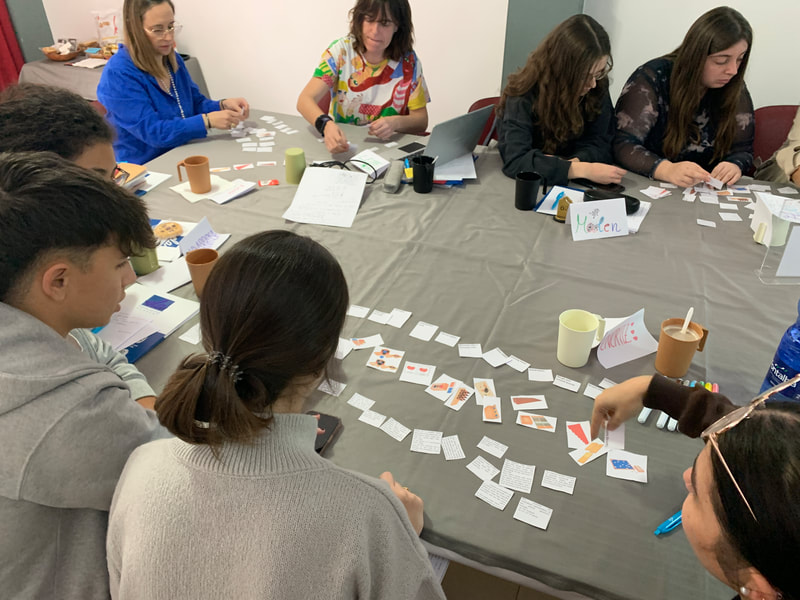
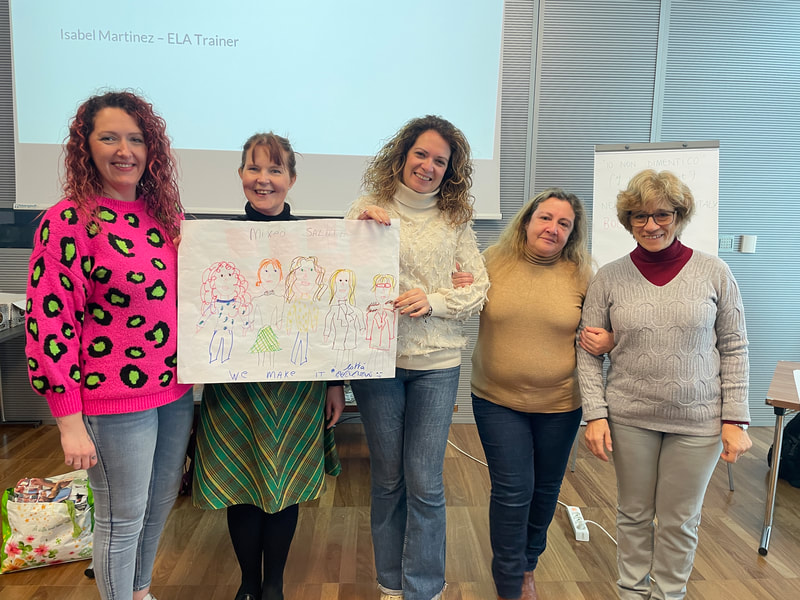
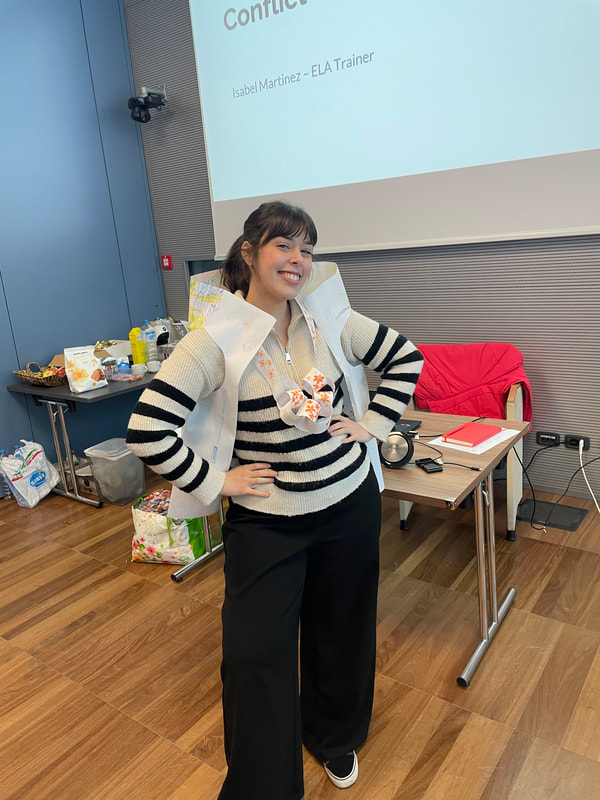

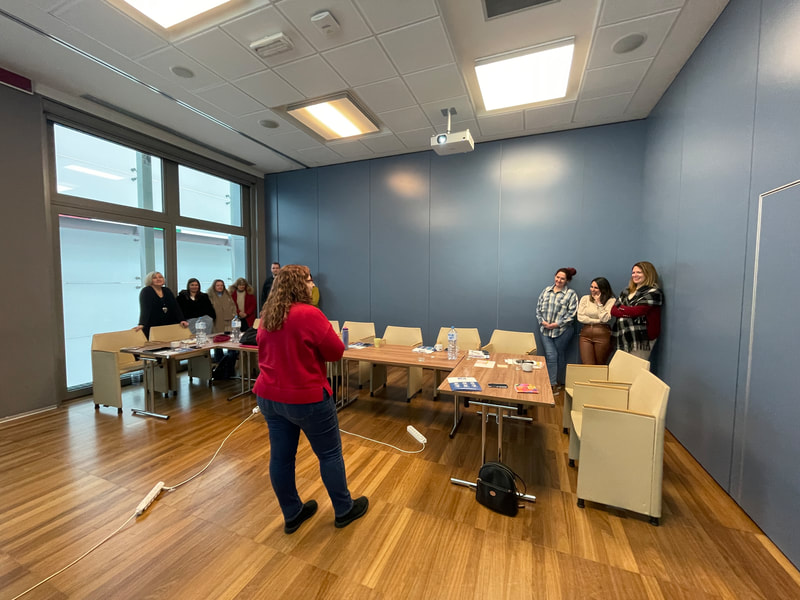
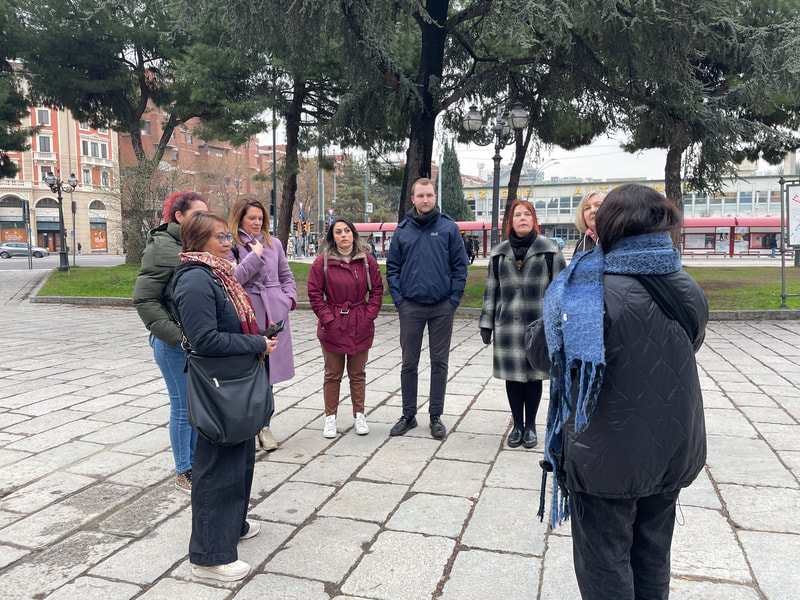
 RSS Feed
RSS Feed









